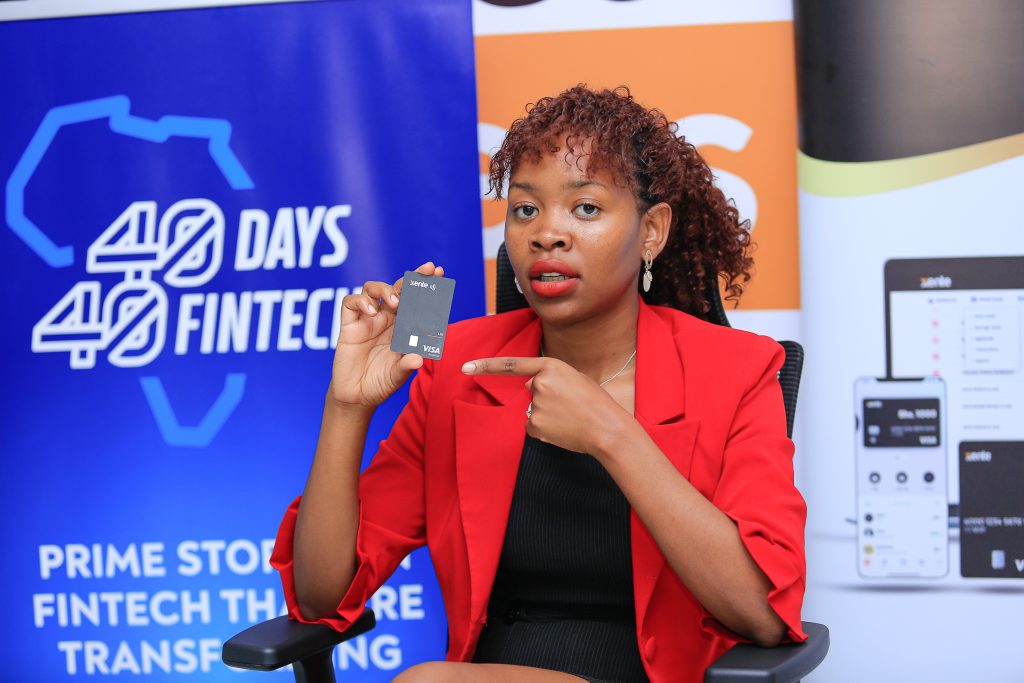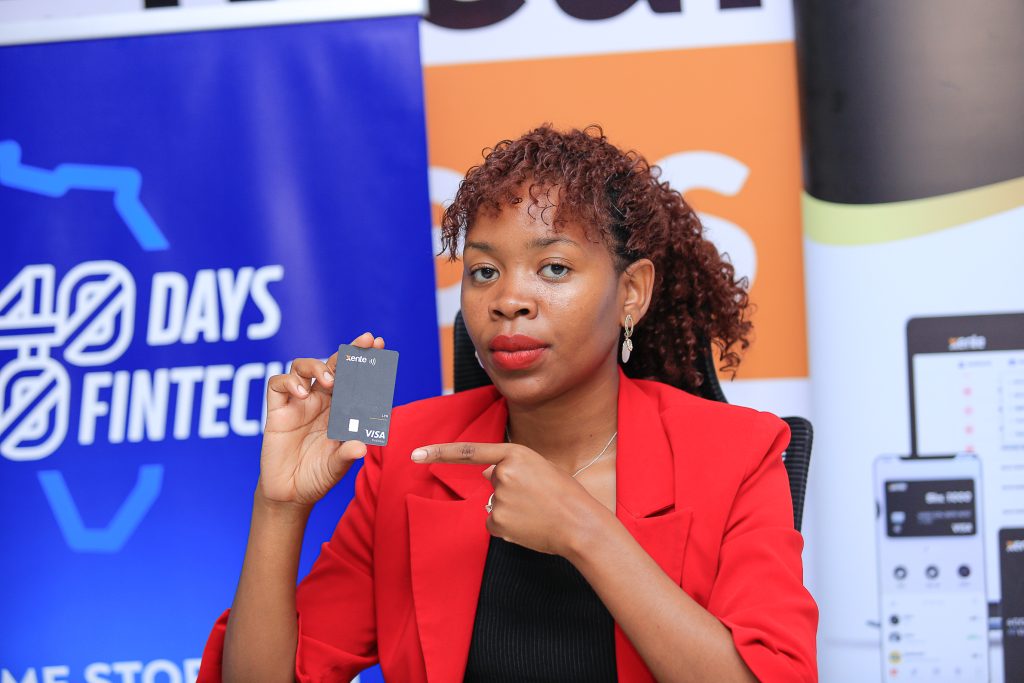One of the biggest business challenges is accountability. For instance, it is almost impossible for any organization to determine how much airtime or fuel was used by a field staff in a given month. This is because the field staff usually pay out of pocket and claim the money later without proper proof.
But this is a problem that Xente, a financial technology company, is determined to end through their Visa Cards and automated online transactions.
Through a partnership with Visa, Xente is among the first FinTechs to issue both virtual and physical visa cards in Uganda. On top of this, Xente helps businesses, companies and organizations to automate company finances by providing a platform where companies are able to log on and open an account where they can make bank transfers, mobile money, airtime, and data to their teams or beneficiaries and staff.
Between 2017 and 2023, more than 1,000 businesses such as NSSF and Jumia have benefitted from these services to ease their business transactions.
“They are able to save time and money while ensuring proper accountability,” says Lyn Tukei, the Head of Public Relations and Marketing at Xente.
“For instance, if you have to send money to more than 1,000 people, you don’t need to walk to that mobile money agent anymore. All you need is to get onto our platform and send money to as many people as you want across various networks. This comes in handy across businesses that use a lot of time and money while making these transfers,” she notes.

Tukei says automation helps businesses to approve every payment, track every transaction in real-time, manage money across teams, branches, and/or countries, and sync data with their accounting platforms.
How does one get Xente?
“It is very easy, just like any other bank account. It integrates what the banks and telecoms do. All you need is to log on to the Xente website and you will be able to create an account. If you are already registered, you just simply log in and see the various features that you are able to use. If you are new, they will ask for simple KYCs like the certificate of incorporation to make sure that you are a registered business. It becomes easy for you to start sending out bulk SMS, data, mobile money, airtime, and bank transfers, and issue virtual and physical visa cards. All you need is an Excel sheet of all the targeted beneficiaries. You can automate all your payments in real-time.”
40 Days 40 FinTechs
Xente is the fourth participant in Season Four 40 Days 40 FinTechs initiative that seeks to highlight the impact of FinTechs in the lives of under-served populations.
“The 40 Days 40 FinTechs initiative has been helpful in elevating FinTech space in Uganda. There’s not so much awareness being done about FinTechs like in rural areas but this platform has amplified the message to the people,” Tukei says.
HiPipo CEO Innocent Kawooya says the past three years have seen more than 100 participating FinTechs benefit from useful tools and an introduction to the industry’s emerging technologies such as Mojaloop Open Source Software, and guidance from Level One Project foundational material.
The skills gained from this initiative cover Level One Project Principles, Instant and Inclusive Payment Systems (IIPS), inclusive finance and FinTech in general.
Now we want to show the real impact of these FinTechs. If you hear that Xente is serving 1000 businesses, then we can comfortably say we are on the right track,” he said, sending his appreciation to the initiative’s partners including Level One Project, Mojaloop Foundation, INFITX, Cyberplc Academy, Ideation Corner and Crosslake Technologies.
BOU Compliant.
Xente is a Bank of Uganda licensed Payments Systems Operator (PSO) in Uganda. They also have a license of Issuer of Payment Instrument, which means that Xente is licensed to issue any payment instrument such as the Xente Visa Card.

Tukei calls upon other FinTechs to get out of briefcase management and obtain formal licensing.
“I implore all businesses especially if you are dealing in payment instruments, it comes in handy to have a compliance license in order to be trusted by stakeholders, investors, and other partners,” she says.
She further talks up the increased FinTech uptake in Uganda, calling on developers to come up with user-centric solutions targeting people at the bottom of the pyramid.




